UN adopts resolution against Israeli settlements in occupied West Bank, Syria’s Golan Heights
The United Nations has overwhelmingly adopted a resolution in condemnation of illegal Israeli settlements in the occupied Palestinian territories, including East al-Quds, and Syria’s Golan Heights, and demanded cessation of their construction.
On Tuesday, the United Nations General Assembly Fourth Committee endorsed the resolution by 143-7 votes, with 16 abstentions.
The resolution condemned Israel over construction of settlements in and around East al-Quds, including the contentious E1 development plan that critics say would block the contested territory off entirely from the West Bank.
The UN resolution also slammed the continued destruction of Palestinian homes, expulsion of Palestinian families from East al-Quds, and deprivation of Palestinians of the right to reside there.
The document went on to denounce the Tel Aviv regime’s settlement expansion activities in the strategic Jordan Valley, which would further divide occupied Palestinian territories and undercut their geographic proximity.
It slammed demolition of Palestinian buildings in Wadi al-Hummus neighborhood south of East al-Quds as violation of the international law.
In addition, the UN resolution condemned Israeli settlers over their acts of violence against ordinary Palestinians, especially children, and their destruction of Palestinian properties, historical and religious sites, and farming lands.
The resolution underscored that Israeli settlements in the occupied Palestinian territories and Syria’s occupied Syrian Golan Heights are “illegal,” and constitute an obstacle to peace as well as economic and social development in those areas.
The UN resolution also called for an end to Israeli settlement activities in the occupied Arab territories.
Iran voices firm support for Palestinian cause, Palestinians’ right to self-determination
Meanwhile, the counselor at the Permanent Mission of the Islamic Republic of Iran to the United Nations has welcomed adoption of the anti-Israeli resolution, expressed Tehran’s strong support for the cause of Palestine and Palestinians’ inalienable rights, and held the occupying Israeli regime accountable for crimes against Palestinians, particularly women and children.
“From the beginning of the tragedy of Palestine, numerous initiatives have been taken by different concerned countries, the United Nations as well as other international and regional organizations in order to address this crisis and reduce the miseries of the Palestinian people,” Mohammad Reza Sahraei stated.
“Adoption of numerous resolutions condemning the occupying [Israeli] regime, presentation of different plans and initiatives for peace, and formation of fact-finding missions have all been in line with efforts to achieve such a goal,” he noted.
The Iranian diplomat noted that the Tel Aviv regime’s non-compliance has, however, prevented the international community from finding a just solution to the Palestinian issue.
“The Islamic Republic of Iran believes that support for the Palestinian people must continue until the realization of their fundamental rights, in particular the right to self-determination and establishment of an independent State of Palestine with al-Quds as its capital.
“Historical experiences and developments of recent years have shown that Palestinians have no choice but to continue their resistance against occupation, aggression and violations of their rights,” Sahraei highlighted.
Iran believes that return of Palestinian refugees to their homeland coupled with a referendum for self-determination are the most effective solutions for the Palestinian issue. Through such a referendum, Palestinian Muslims, Jews, and Christians will be able to choose their own political system and enjoy their rights freely and equally, the diplomat said.
Palestinians want the West Bank as part of a future independent Palestinian state with East al-Quds as its capital.
Israel, which captured the territory in 1967 and later annexed it in a move not recognized by the international community, calls al-Quds its indivisible capital.
More than 600,000 Israelis live in over 230 settlements built since the 1967 Israeli occupation of the West Bank and East al-Quds.
The UN Security Council has condemned Israel’s settlement activities in the occupied territories in several resolutions.
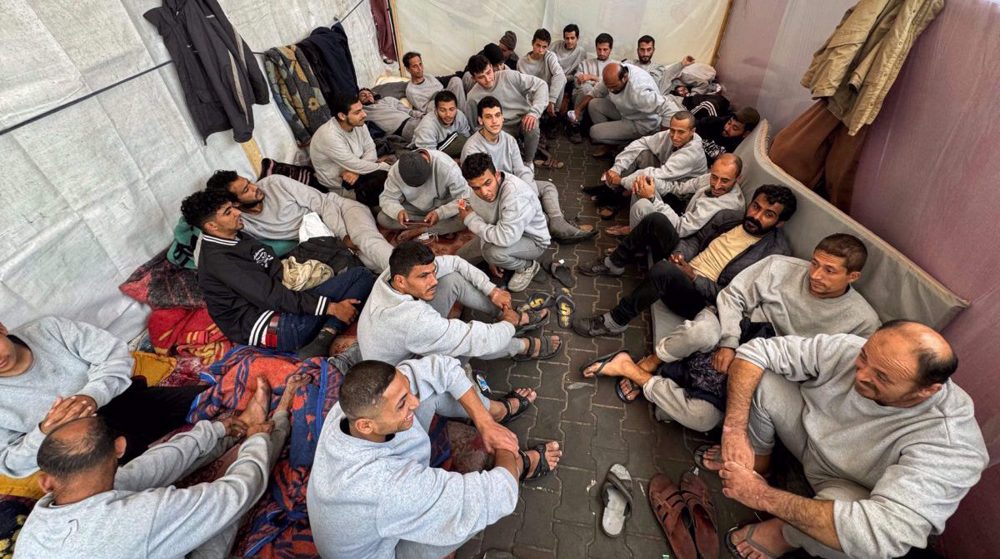
At least 65 Palestinians killed inside Israeli prisons
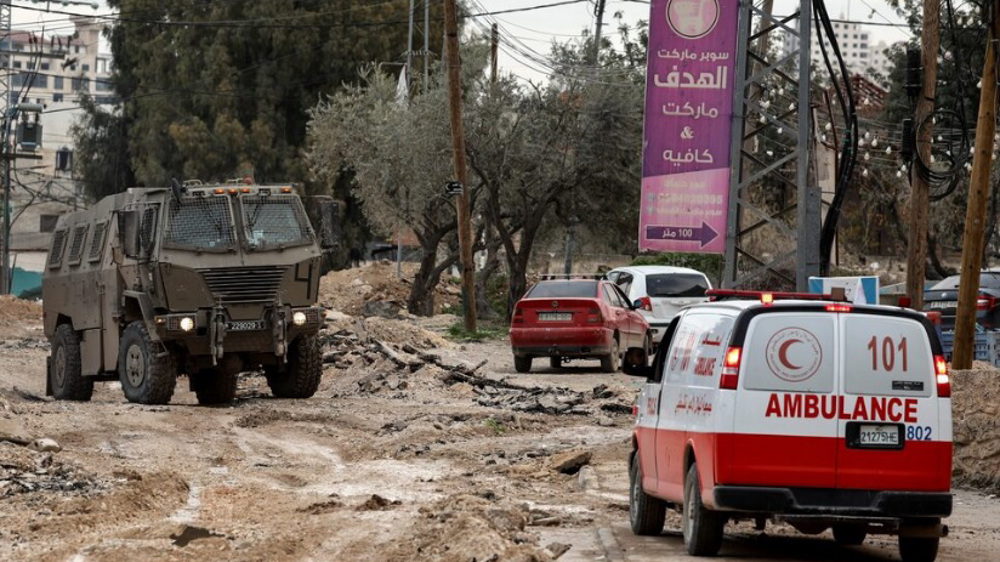
Israeli forces kill three Palestinians in intensified West Bank raids
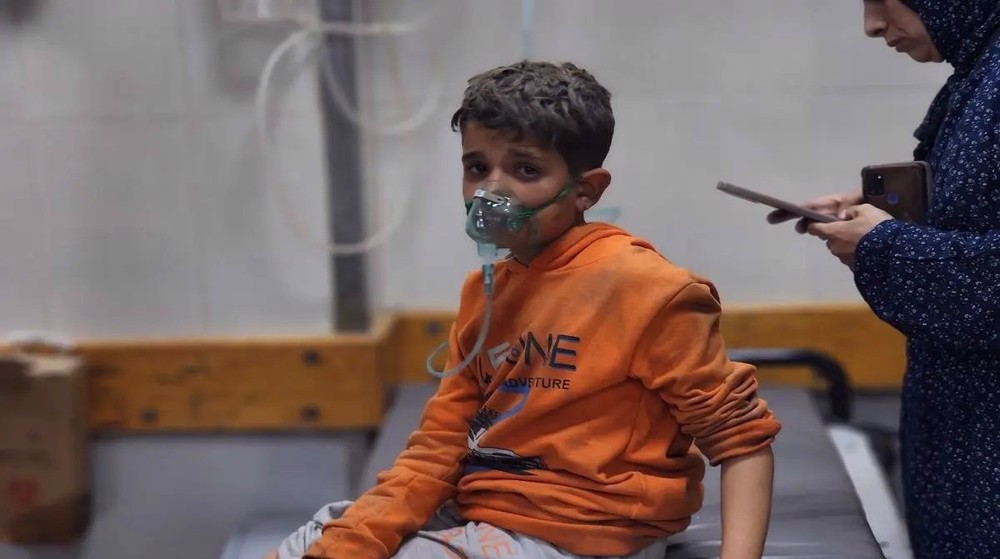
Nearly 600 children killed in renewed Israeli assault on Gaza: UN agency
At least 65 Palestinians killed inside Israeli prisons
VIDEO | US deadly aggression vs Yemen
Iran denies US investors will be present in its trade fair
Israeli forces kill three Palestinians in intensified West Bank raids
VIDEO | Press TV's news headlines
Nearly 600 children killed in renewed Israeli assault on Gaza: UN agency
Moroccan port workers protest Maersk ship carrying F-35 parts to Israel
Iran will ‘chart its own path’ if US refuses to negotiate on ‘equal footing’: President


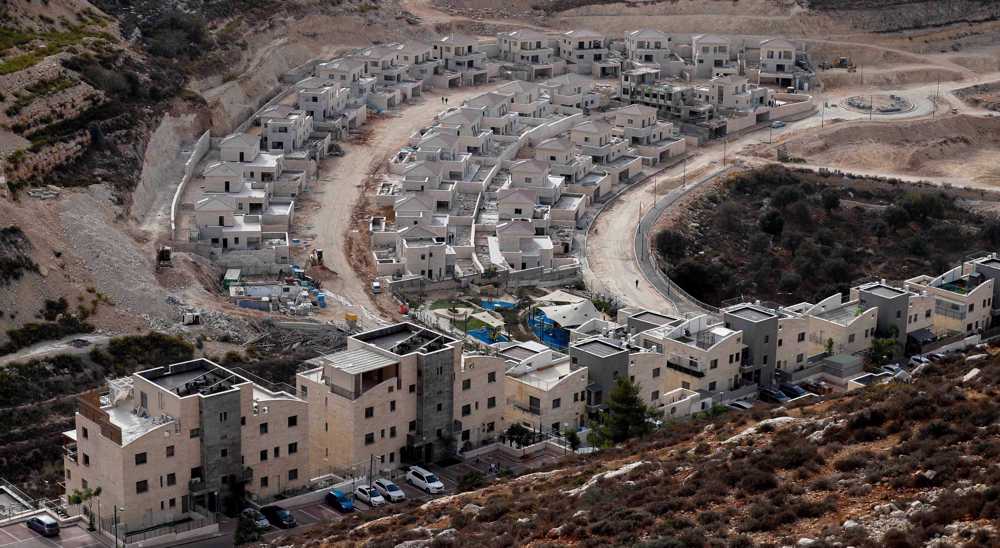
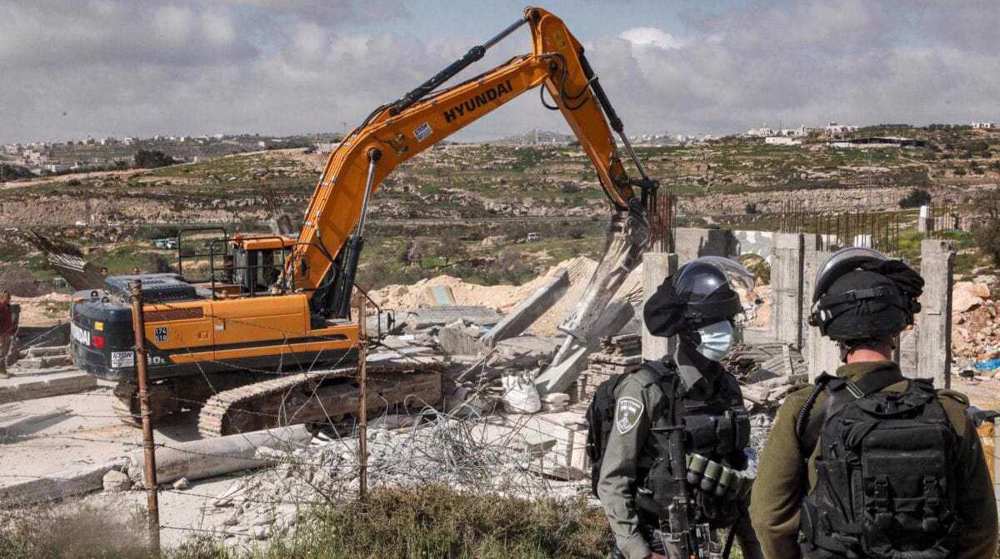
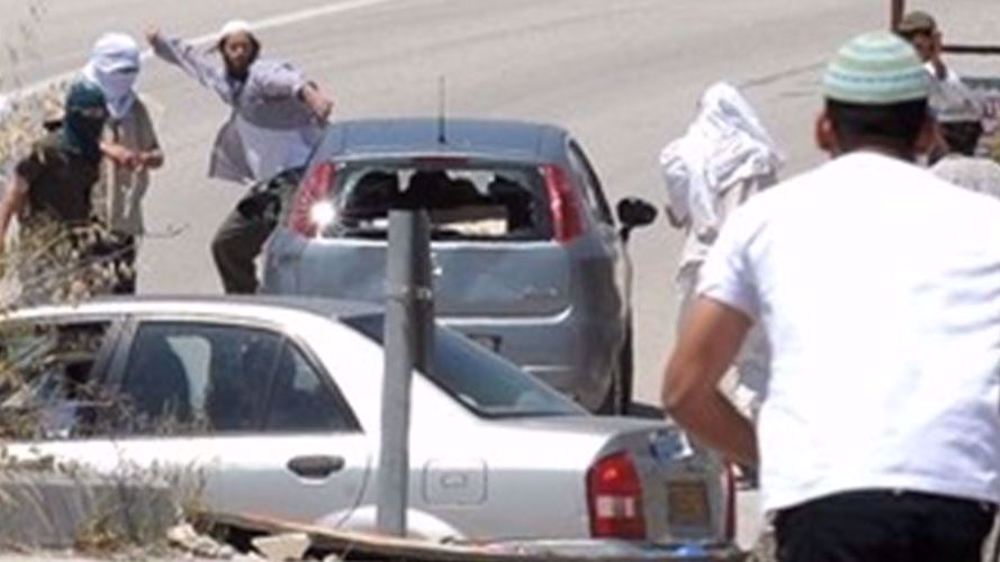
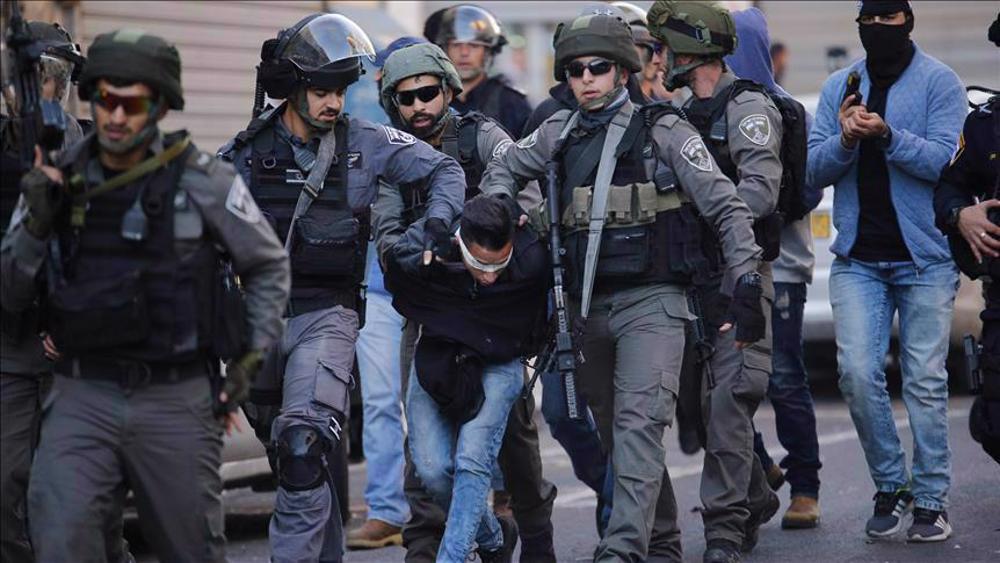
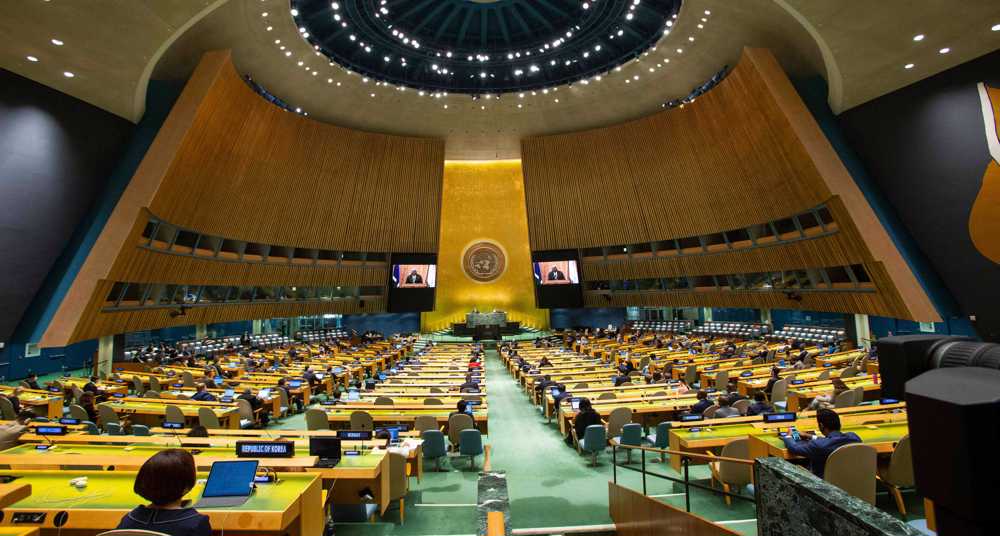



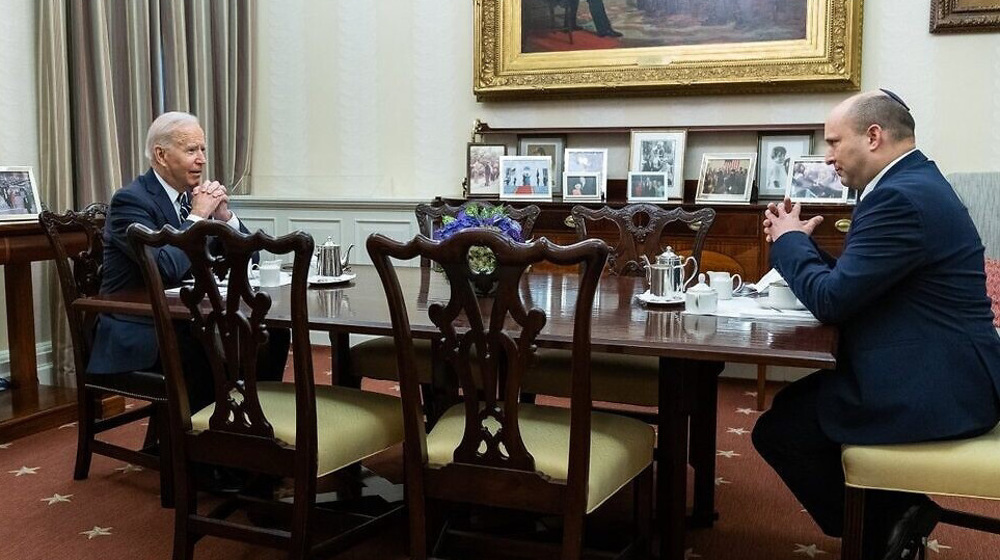
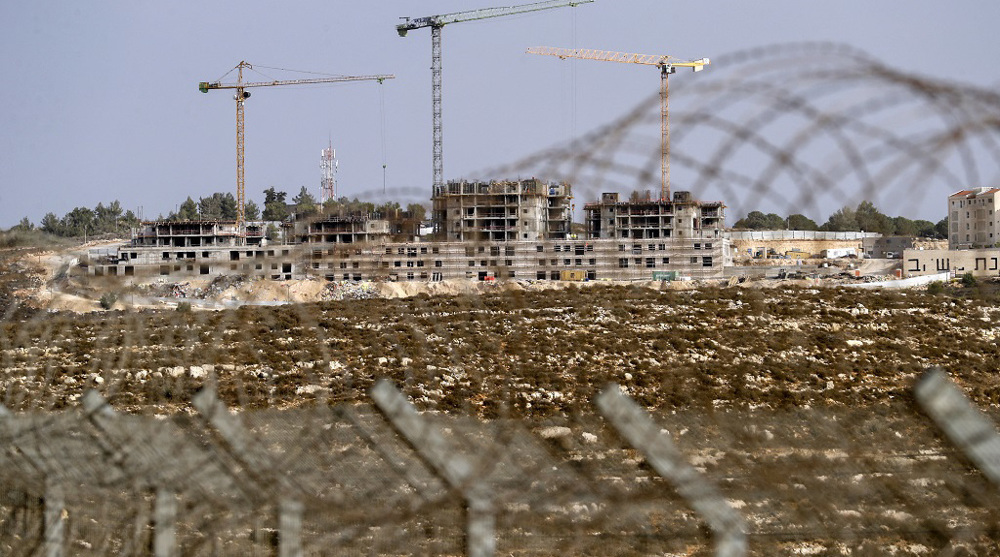
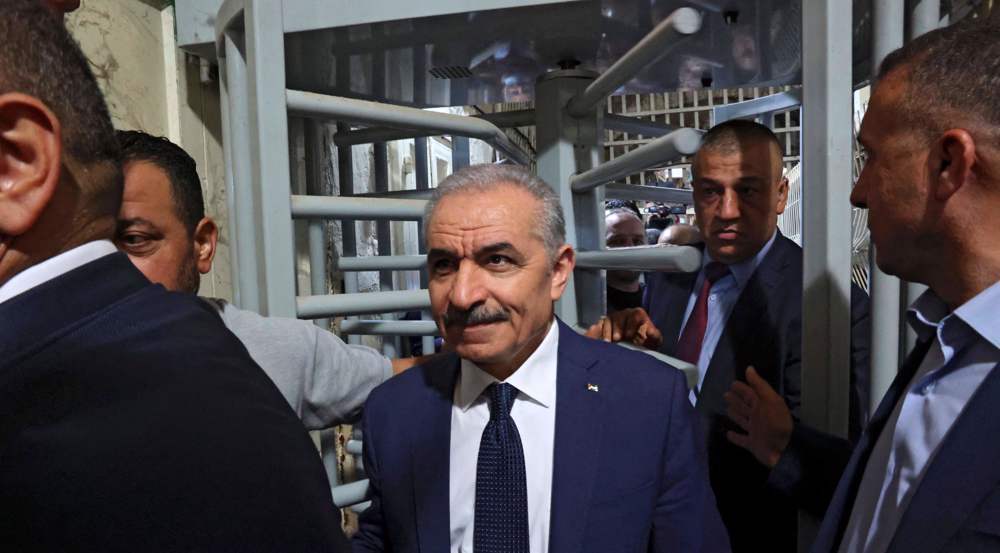
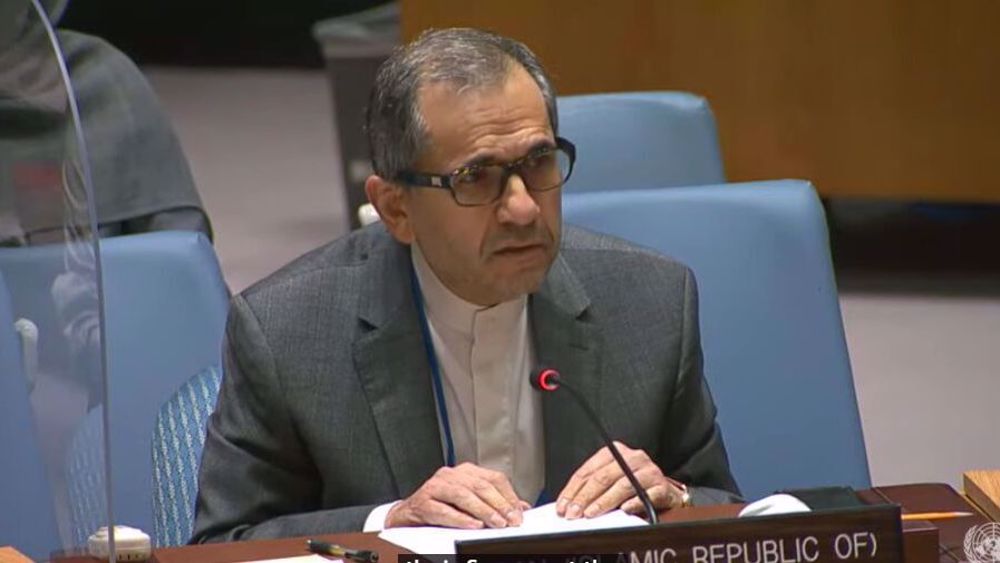
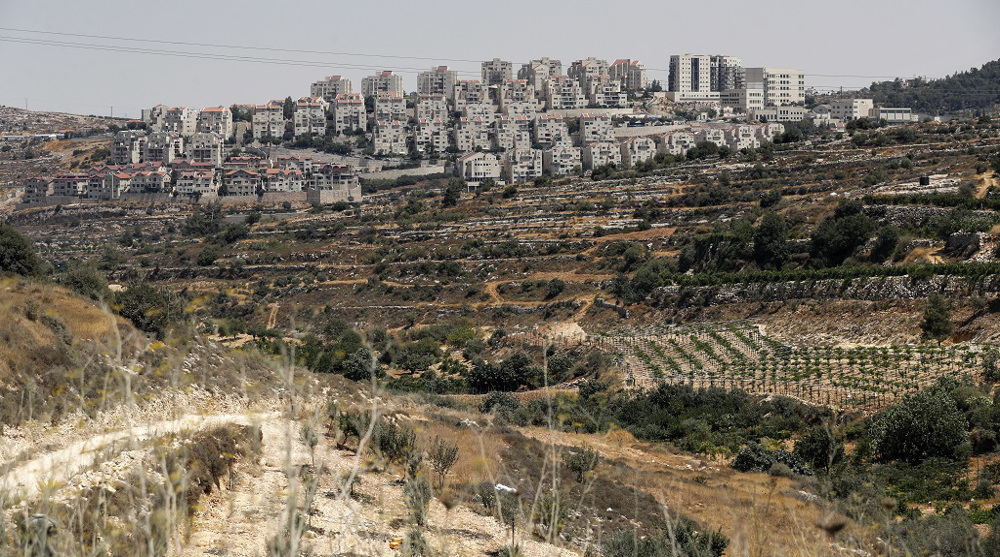
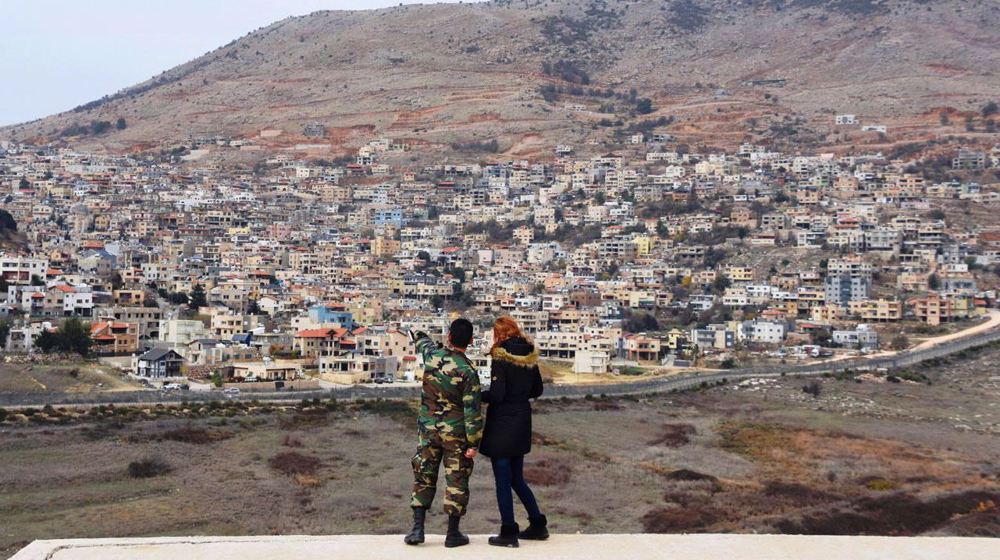
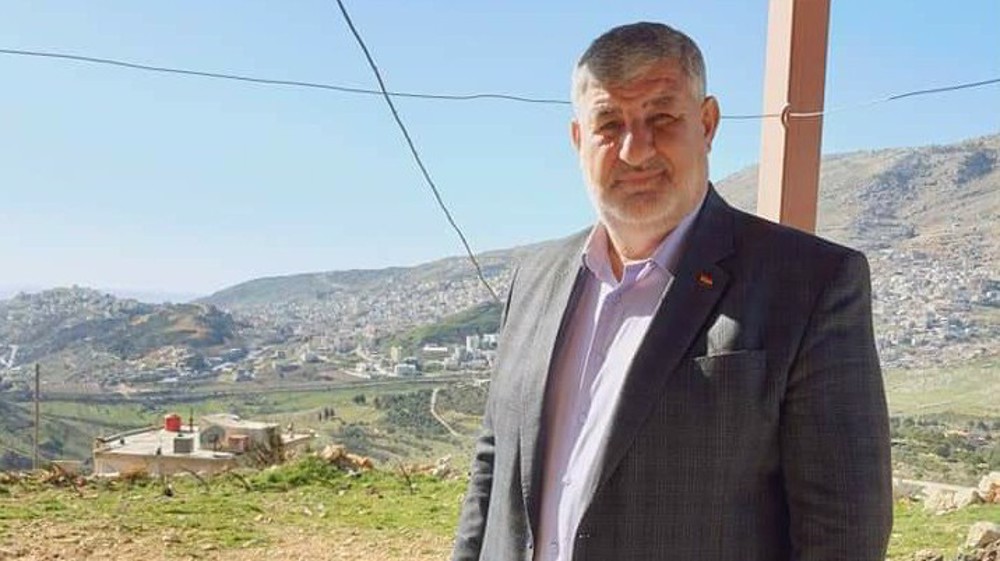
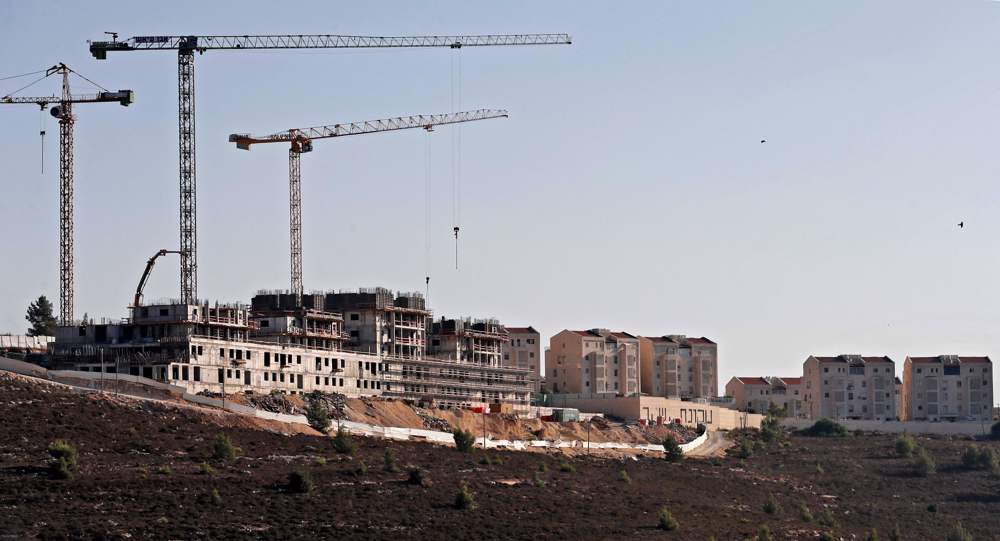

 This makes it easy to access the Press TV website
This makes it easy to access the Press TV website